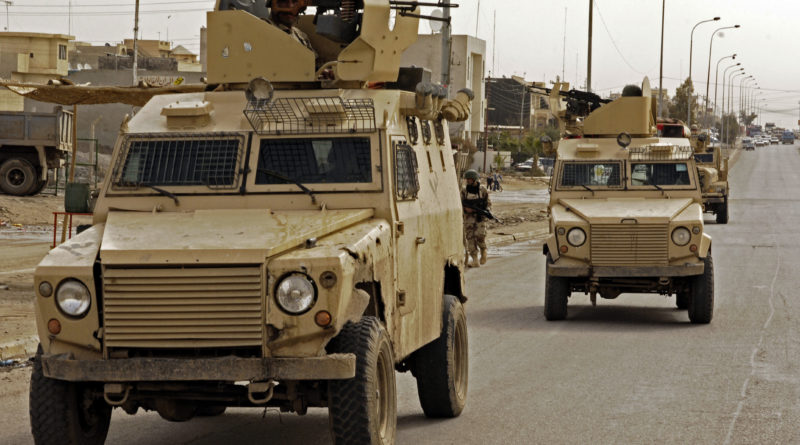Fighting Over Mosul
In 2014, Mosul fell to ISIS after the collapse and withdraw of the Iraqi Army, and declared it home to the caliphate. Over the past two years, ISIS has used their time in Mosul wisely as they have expanded their territory into Syria effectively erasing parts of the border between the two. Iraq with assistance from the United States has been planning an offensive for months to send ISIS packing and take back Mosul.
From a geographical standpoint, Mosul is an attractive location since it is the second largest city in Iraq, and is the last major stronghold of ISIS in Iraq. Taking back Mosul, will push back ISIS into Raqqa, Syria, which may spell the end of ISIS.
Since taking office in 2008, Obama has spent a good portion of his presidency trying to pull troops out of Iraq, and while Obama has stuck to the talking point that the only path to a sustained victory over the Islamic State group is for locals, not Americans, to bear the main responsibility for the fighting and for governing after ISIS is removed. In a change of heart, Obama announced last month he would send 600 hundred more troops to assist Iraqi forces to take back Mosul from ISIS.
Currently, the Iraqi Army, Kurdish Peshmerga, Shia Militias, Turkish backed forces, and US Special Forces are working in conjunction to defeat ISIS and have a stake in Mosul’s future. With ISIS already in retreat, pushing them out of Mosul is key in terms of defeating the caliphate militarily. It is important to keep in mind the other factors threatening the stability of Mosul aside from the ISIS’s stronghold. While the caliphate’s ideology is resilient, the population is mainly Sunni and they feel largely under represented with a Shia dominated government.
Mosul’s future after the defeat of ISIS will no doubt be shaky and Iraqis will have their work cut out for them as they work to repair the city, they must ensure a government that allows for Iraq’s religious diversity and settle thousands of refugees who have been displaced over the years.
The fight to take back Mosul is extremely important, as is the foresight to be able to see what is coming after the removal of ISIS and the preparation for the possibility of an ISIS 2.0. After all, Iraq did not become a Jihadist Disneyland over night. The road to stabilizing the country will be slow and steady if it is to be sustainable long after the foreign aid and forces have gone home.
Originally written for and published on Political Storm

